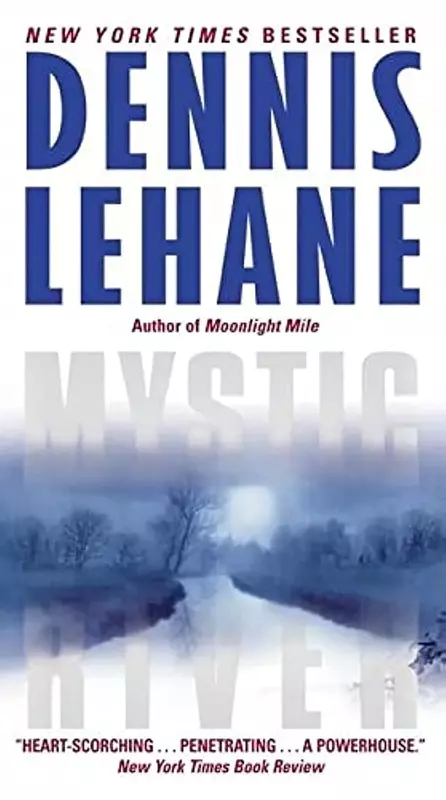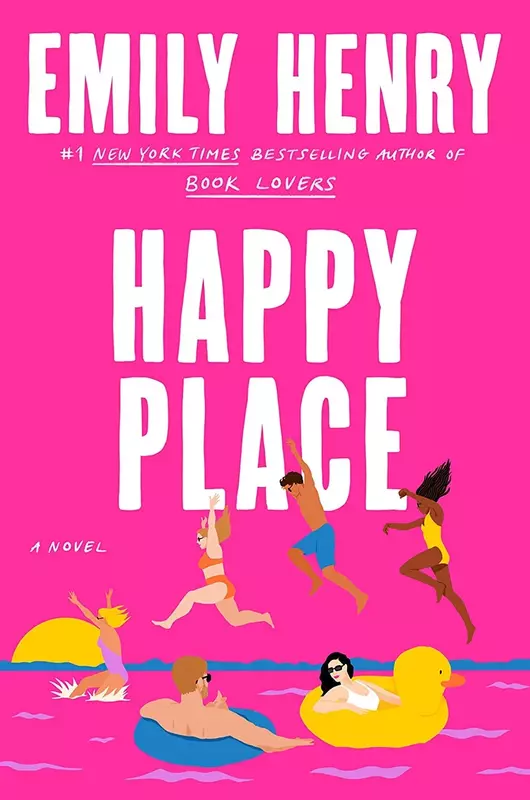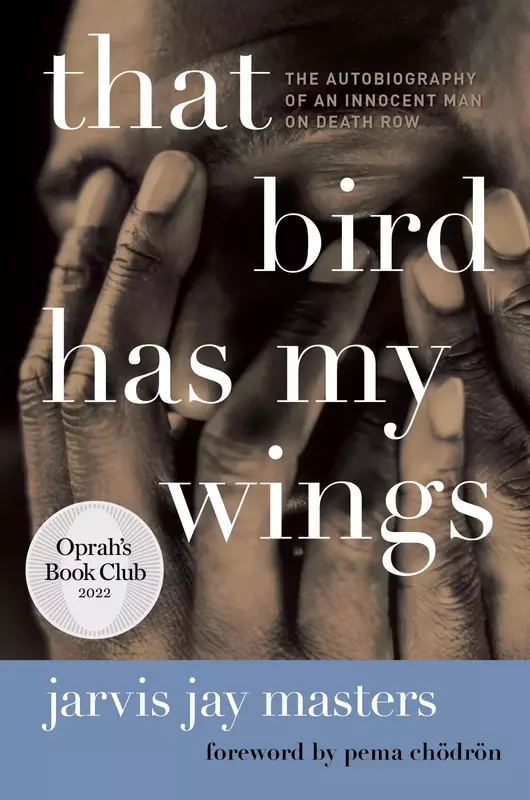This post may contain affiliate links. Read more here.
Book club questions for The Covenant of Water by Abraham Verghese explore the richly woven tapestry of love, faith, and medicine that the author has masterfully crafted.
Set in Kerala, South India, the novel follows the lives of three generations of a family in search of answers to a strange secret. In this stunning and magisterial epic, Verghese captures the essence of a bygone era in India, taking us on a journey filled with joy, triumph, hardship, and loss.
If you’re a fan of Verghese’s previous works, Cutting for Stone, or are just looking for a compelling new read, The Covenant of Water is sure to leave a lasting impression.
Verghese’s prose is simply breathtaking. His vivid descriptions of Kerala’s landscapes, people, and customs transport the reader to a bygone era and immerse them in the story’s world. Through the characters’ experiences, the novel explores themes of love, loss, faith, and the human condition. From Big Ammachi’s unconventional wedding to her tumultuous relationship with her husband, Verghese’s characters are complex and fully realized, making for a truly captivating read.
As someone who loves discussing books with others, I couldn’t help but think of all the book club questions and discussion topics this novel would inspire. That’s why I’ve put together a reading guide full of thought-provoking questions that will make for lively and engaging discussions. So, grab a cup of tea and settle in for an unforgettable journey with The Covenant of Water!
I hope you will enjoy the following book club questions and reading guide for The Covenant of Water by Abraham Verghese!✨
The Synopsis
The Covenant of Water is the long-awaited new novel by Abraham Verghese, the author of the major word-of-mouth bestseller Cutting for Stone, which has sold over 1.5 million copies in the United States alone and remained on the New York Times bestseller list for over two years.
Spanning the years 1900 to 1977, The Covenant of Water is set in Kerala, on South India’s Malabar Coast, and follows three generations of a family that suffers a peculiar affliction: in every generation, at least one person dies by drowning—and in Kerala, water is everywhere. At the turn of the century, a twelve-year-old girl from Kerala’s long-existing Christian community, grieving the death of her father, is sent by boat to her wedding, where she will meet her forty-year-old husband for the first time. From this unforgettable new beginning, the young girl—and future matriarch, known as Big Ammachi—will witness unthinkable changes over the span of her extraordinary life, full of joy and triumph as well as hardship and loss, her faith and love the only constants.
A shimmering evocation of a bygone India and of the passage of time itself, The Covenant of Water is a hymn to progress in medicine and to human understanding, and a humbling testament to the difficulties undergone by past generations for the sake of those alive today. It is one of the most masterful literary novels published in recent years.
In love with literature? Try audio books or writing classes for free for 30 days.✨
About the Author
Abraham Verghese, MD, MACP, is a physician, best-selling author, and professor at Stanford University School of Medicine. He is renowned for his focus on healing and the physician-patient relationship, which he believes is often overlooked in medicine today.
Born in Addis Ababa in 1955, Verghese began his medical training in Ethiopia and later completed it in India. He moved to the United States for a medical residency and fellowship, where he saw the early signs of the HIV epidemic and later cared for a surprising number of patients with HIV in a small town in Tennessee. These experiences transformed his approach to medicine and led to his first book, “My Own Country: A Doctor’s Story” (1994). Verghese later became a founding director of the Center for Medical Humanities and Ethics at the University of Texas Health Science Center and, in 2007, joined Stanford University School of Medicine as a tenured professor and Vice Chair for the Theory and Practice of Medicine.
Book Club Questions for The Covenant of Water
I hope you and your book club will enjoy my discussion reading guide for The Covenant of Water by Abraham Verghese.✨
- The book starts with the premise of a family curse that involves drowning. What are some possible reasons behind the curse, and how does it shape the lives of the characters in the novel?
- The novel often takes on a philosophical quality, with characters contemplating the nature of life, death, and existence. Discuss how Verghese explores these questions, particularly in regards to religion and spirituality. How do these questions shape the characters’ relationships with each other, and what larger questions about human nature do they raise?
- The protagonist of the novel, Sheba, is forced into an unwanted arranged marriage at the age of 12. How does this traumatic event shape the rest of her life? What does it reveal about the society in which she lives, particularly with respect to the treatment of women?
- The novel spans several decades and generations, and yet it manages to convey a cohesive story. How does Verghese use different narrative techniques, such as flashback and foreshadowing, to connect the different parts of the novel?
- The book is set in Kerala, a region of India with a rich history and cultural diversity. How does the author use the setting to illuminate different aspects of Indian society and culture, such as the caste system, religion, and politics?
- Digby Kilgour is a central character in the novel, and his journey from Glasgow to Madras is a significant part of the story. How does his experience of traveling to India shape his understanding of medicine and the world around him? How does his perspective change over the course of the novel, and how does his relationship with Rune Orqvist reflect these changes?
- What do you think is the significance of the quote, “What defines a family isn’t blood but the secrets they share,” in relation to The Covenant of Water? How does this theme of family shape the novel and its characters?
- Both Big Ammachi and her daughter become physicians, but their paths to that profession are very different. Discuss the challenges they face and how their gender and cultural background impact their experiences.
- One of the central characters in the novel is Big Ammachi, a matriarch of the family who witnesses many changes in her lifetime. How does her character develop over the course of the novel, and what lessons does she impart to the other characters?
- The novel is divided into three parts, each focusing on a different generation of the family. How does this structure affect the pacing and narrative of the novel, and what impact does it have on the reader’s experience of the story?
- The novel often takes on a global perspective, with characters from different cultures and backgrounds coming together in unexpected ways. Discuss how Verghese explores these intersections, particularly in regards to class and caste divisions. How do these intersections shape the characters’ relationships with each other, and what larger questions about society and power do they raise?
- One of the criticisms of the novel is that it is “populist writing, ambitious in plot but not in character, and populated with archetypes rather than people.” Do you agree with this assessment? Are the characters in the novel fully developed and realistic, or do they feel like types? Does this detract from your enjoyment of the novel in any way?
- In The Covenant of Water, religion and superstition play a significant role in the lives of the characters. Discuss how these beliefs influence the decisions and actions of Big Ammachi and her family.
- Verghese is known for his background in medicine, and the novel also explores the theme of medicine in a time when medical practices were not as advanced as they are today. How does Verghese use the theme of medicine to explore the human condition, and what lessons can we learn from the struggles of the characters in the novel?
- The novel takes place during a time of great change in India, including the fight for independence from British rule. How does the historical context of the novel impact the lives of the characters and shape their experiences?
- Throughout the novel, there are instances of characters exhibiting selflessness and compassion. Discuss some examples of this and how these actions impact the plot and characters.
- In The Covenant of Water, Verghese explores the idea of faith and its role in the lives of his characters. How does Big Ammachi’s faith guide her throughout her life, and how does it impact her relationships with others?
- The novel deals with complex issues such as colonialism, gender, and religion. How does Verghese explore these themes in the novel, and what messages does he convey through his characters?
- The title of the novel alludes to the importance of water in the narrative, both as a life-giving force and a potential source of danger. How does the theme of water play out in different ways throughout the book?
- The book features several female characters who challenge traditional gender roles and expectations, such as Baby Mol and Usha. How does the author use these characters to comment on larger themes of gender, power, and agency?
- The novel also deals with the themes of love and marriage. What are some of the different kinds of love that are explored in the novel, and how do they intersect with the different social and cultural norms of the time?
- In The Covenant of Water, Verghese uses multiple perspectives to tell the story. Discuss how this narrative technique contributes to the development of the plot and characters, and how it enhances the overall reading experience.
- The novel has been compared to Verghese’s earlier work, Cutting for Stone. How does The Covenant of Water compare to Cutting for Stone in terms of style, themes, and narrative techniques, and what new insights does it offer into Verghese’s writing and storytelling?
Selected Reviews for The Covenant of Water
“Ever since Cutting for Stone, we have been eagerly awaiting another book by Abraham Verghese, and what a breathtaking return this is . . . An extraordinary look at what past generations have endured for the sake of the present, Verghese’s tribute to 20th century India is a literary feat you won’t want to miss.”—Brittany Bunzey
“Three generations of a South Indian family are marked by passions and peccadillos, conditions and ambitions, interventions both medical and divine . . . As in the bestselling and equally weighty Cutting for Stone, the fiction debut by Verghese (who’s also a physician), the medical procedures and advances play a central role—scenes of hand surgery and brain surgery are narrated with the same enthusiastic detail as scenes of lovemaking. A few times along this very long journey one may briefly wonder, Is all this really necessary? What a joy to say it is, to experience the exquisite, uniquely literary delight of all the pieces falling into place in a way one really did not see coming . . . By God, he’s done it again.”—Kirkus Reviews
“A novel of utter beauty, The Covenant of Water is worthy of all praise in its depiction of medical ingenuity and family love; it is epic and eye-opening, the sort of story that only a singular mind like Abraham Verghese’s could have woven.”—Imbolo Mbue
“A family in Kerala, India, is affected with the Condition: Each generation one person dies by drowning. For more than 70 years Big Ammachi survives tragedy and triumph, growing from a 12-year-old bride into the matriarch as her country also comes into its own.”—Kate Tuttle
Additional Recommendations
Hope you enjoyed my book club discussion questions and reading guide for The Covenant of Water by Abraham Verghese!
Here are some more of my book club recommendations:
Mystic River by Dennis Lehane
This New York Times bestseller from Dennis Lehane is a gripping, unnerving psychological thriller about the effects of a savage killing on three former friends in a tightly knit, blue-collar Boston neighborhood.
When they were children, Sean Devine, Jimmy Marcus, and Dave Boyle were friends. But then a strange car pulled up to their street. One boy got into the car, two did not, and something terrible happened—something that ended their friendship and changed all three boys forever.
Twenty-five years later, Sean is a homicide detective. Jimmy is an ex-con who owns a corner store. And Dave is trying to hold his marriage together and keep his demons at bay —demons that urge him to do terrible things. When Jimmy’s daughter is found murdered, Sean is assigned to the case. His investigation brings him into conflict with Jimmy, who finds his old criminal impulses tempt him to solve the crime with brutal justice. And then there is Dave, who came home the night Jimmy’s daughter died covered in someone else’s blood.
A tense and unnerving psychological thriller, Mystic River is also an epic novel of love and loyalty, faith and family, in which people irrevocably marked by the past find themselves on a collision course with the darkest truths of their own hidden selves.
Happy Place by Emily Henry
A couple who broke up months ago pretend to still be together for their annual weeklong vacation with their best friends in this glittering and wise new novel from #1 New York Times bestselling author Emily Henry.
Harriet and Wyn have been the perfect couple since they met in college—they go together like salt and pepper, honey and tea, lobster and rolls. Except, now—for reasons they’re still not discussing—they don’t.
They broke up five months ago. And still haven’t told their best friends.
Which is how they find themselves sharing a bedroom at the Maine cottage that has been their friend group’s yearly getaway for the last decade. Their annual respite from the world, where for one vibrant, blissful week they leave behind their daily lives; have copious amounts of cheese, wine, and seafood; and soak up the salty coastal air with the people who understand them most.
Only this year, Harriet and Wyn are lying through their teeth while trying not to notice how desperately they still want each other. Because the cottage is for sale and this is the last week they’ll all have together in this place. They can’t stand to break their friends’ hearts, and so they’ll play their parts. Harriet will be the driven surgical resident who never starts a fight, and Wyn will be the laid-back charmer who never lets the cracks show. It’s a flawless plan (if you look at it from a great distance and through a pair of sunscreen-smeared sunglasses). After years of being in love, how hard can it be to fake it for one week…in front of those who know you best?
That Bird Has My Wings by Jarvis Jay Masters
The moving memoir of a Death Row inmate who discovers Buddhism and becomes an inspirational role model for fellow inmates, guards, and a growing public
In 1990, while serving a sentence in San Quentin for armed robbery, Jarvis Jay Masters was implicated as an accessory in the murder of a prison guard. A 23-year-old Black man, Jarvis was sentenced to death in the gas chamber. While in the maximum security section of Death Row, using the only instrument available to him—a ball-point pen filler—Masters’s astounding memoir is a testament to the tenacity of the human spirit and the talent of a fine writer.
Offering us scenes from his life that are at times poignant, revelatory, frightening, soul-stirring, painful, funny and uplifting, That Bird Has My Wings tells the story of the author’s childhood with parents addicted to heroin, an abusive foster family, a life of crime and imprisonment, and the eventual embracing of Buddhism. Masters’s story drew the attention of luminaries in the world of American Buddhism, including Pema Chodron, who wrote a story about him for O Magazine and offers a foreword to the book.
Thirty-two years after his conviction, Masters is still on Death Row. A growing movement of people believe Masters is innocent, and are actively working within the legal system to free him
Thank you for reading my book club discussion questions and as always, happy reading! ❤️


